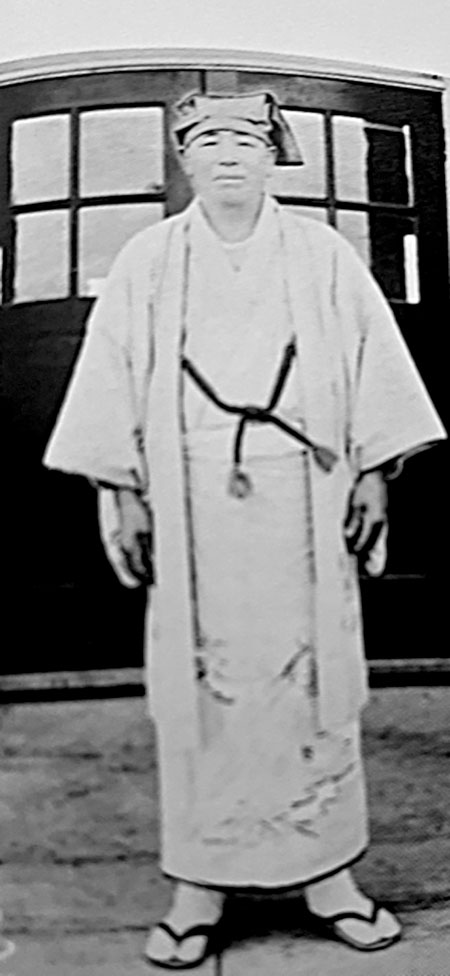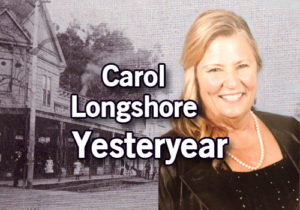Tamori family helped bring Japanese culture to Concord

 CONCORD, CA (Nov. 27, 2023) — The yearly summer festival at Concord’s Japanese cultural center is a must-see event.
CONCORD, CA (Nov. 27, 2023) — The yearly summer festival at Concord’s Japanese cultural center is a must-see event.
Many of us have gone for several years and enjoyed the teriyaki chicken, the flower display, the dancing and just the overall joy of a Japanese festival.
It all started with the Tamori family. Kumetaro Tamori was born Sept. 29, 1867, in Fukuoka, Japan. He came to America as a young man, arriving in Seattle, then coming to San Francisco and finally settling in Lafayette.
He learned all he could about raising pears and apples and became an expert at trimming the trees in order to harvest the best fruit.
In 1920, he returned to Japan to marry his wife, Nobu. They soon came back to Lafayette. He and Nobu had six children: Satauai, Kumeo, Shoji, Hideo, Rowena and George.
Alien land law
In 1925, he found a plot of land on Treat Road (now Treat Boulevard) in Concord, however, he could not buy it because of the alien land law. People were denied citizenship if they were not white or of African dissent.
They solved the problem when Hedeo Hoshi, born in Concord, purchased the property and turned it over to Tamori’s sons Kumeo and Shoji, who were both born here.
A portion of the land owned by the Tamori family was dedicated to the Concord Japanese language institute, now known as the Diablo Japanese Religious and Cultural Center.
The Tamori family continued to raise fruit and vegetables. They had a self-help vegetable and fruit stand on Treat Road. A few of us remember getting fruit and vegetables there.
WWII
During World War II, a Caucasian man leased the building and agreed to pay rent and taxes. A local lawyer was granted power over the property when Concord’s Japanese families were moved to internment camps.
Upon returning, they discovered that the taxes had not been paid. But the community donated money to pay back taxes, and the Tamoris reacquired their land.
Shoji enlisted in the Army the day after the attack on Pearl Harbor. Upon his return, he and his wife took a taxi from the train station in Martinez to the home on Treat. The driver told them: “No charge; welcome home.”
In 1953, the building was remodeled and the language school reopened for the first time since 1942. The fundraising summer festival was launched in 1957 and continues to this day.
We Care Center
In 1971, the building was moved across from the Concord Pavilion and renamed the We Care Center, and a new building was built. The Concord Buddhist society school became the holder of the deed for the new building.
The center continues to be a vibrant part of life in Concord, with a school for learning Japanese, cooking classes, flower arrangements, judo, and other Japanese sports and cultural activities and, of course, the beloved summer festival.
Send comments and suggestions for future topics to editor@pioneerpublishers.com.

Carol Longshore
Carol Longshore has been a Concord resident since 1950. She is a community leader and past president of the Concord Historical Society. Send comments and suggestions for future topics.
